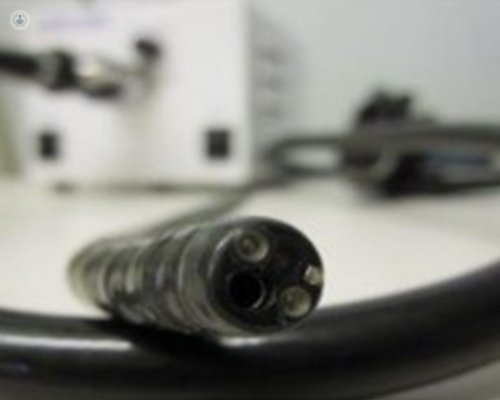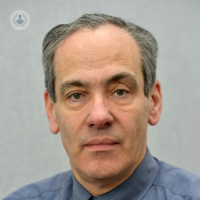Gastroscopy: All you need to know
Autore:In this article, Dr Michael Glynn, leading Consultant Gastroenterologist, provides an expert insight into a gastroscopy procedure, including what is it, what is it for, and how long does it take.

Gastroscopy procedure: what is it?
A gastroscopy is a procedure where an endoscope is used to see the inside of the oesophagus (gullet), the stomach and the small intestine (duodenum). The endoscope is a thin, flexible tube that allows the doctor to see inside the patient with the use of a light and a light-sensitive chip, with the image displayed on a screen.
Gastroscopy procedure: what is it for?
The gastroscopy procedure is a kind of endoscopic procedure, which includes an examination of the oesophagus (gullet), stomach and the upper part of the duodenum (the very first part of the small bowel).
The procedure is extremely useful for the evaluation of dyspepsia, heartburn and vomiting. It enables the doctor to visualise, and biopsy ulcers and areas of inflammation.
If there is cancer present in the stomach or the oesophagus, it can be seen and biopsied during the gastroscopy procedure. Samples can also be taken to test for helicobacter infection.
The procedure also allows the doctor to see rarer problems such as the presence of dilated gullet veins in patients with cirrhosis.
READ MORE: WHAT DOES GASTROSCOPY LOOK FOR?
Gastroscopy procedure: how long does it take?
The gastroscopy procedure usually takes between 5 and 10 minutes, and rarely lasts any longer.
Most patients find it acceptable to be wide awake, with a local anaesthetic spray on the throat, which makes the process quick and simple.
If the patient does not feel they can cope with this, the procedure can be done under a sedative injection which requires longer recovery and the rest of the day off work. Full general anaesthetic is rarely needed.
A gastroscopy is a very safe procedure, with an extremely low risk of complications.
If you have concerns about any of the conditions mentioned, do not hesitate to contact your doctor or a gastroenterologist specialist such as Dr Michael Glynn.

